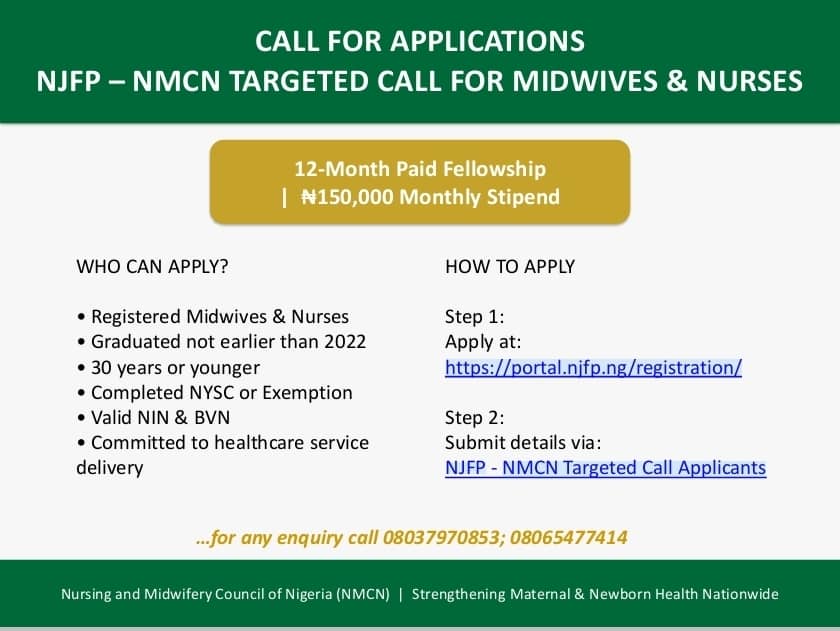Disturbed by the prevalence of cancer, which claimed 78,899 lives in 124,000 cases in 2020 nationwide, the Federal Government has introduced the Childhood Cancer Counterpart Fund to ensure that children battling with the ailment get specialised care.
It has also approved new radiotherapy and nuclear medicine facilities for six federal teaching across the federation.
Consequently, the Federal Ministry of Health is partnering with the Nigeria Sovereign Investment Authority (NSIA) for the prompt execution of the project.
Permanent Secretary of, the Federal Ministry of Health, Daju Kachollom, disclosed at a symposium, organised by the National Institute For Cancer Research and Treatment (NICRAT), yesterday, in Abuja, to mark the 2024 World Cancer Day, stated that existing statistics posed a gloomy picture, hence the need for healthy living to contain the disease.
She noted that available data highlight the gaps in the country’s response to challenges of late diagnosis and limited access to good care.
Kachollom stressed that the National Health Insurance Authority (NHIA) Act 2022 made health insurance mandatory for all Nigerians, adding that the scheme is to enrol citizens, including cancer patients.
The permanent secretary emphasised: “In line with the four-point agenda of the ministry, we have taken several steps to address cancer challenges in the country, ranging from primary prevention through vaccination, early detection, prompt treatment and research.”
Earlier, NICRAT Director General, Dr Usman Aliyu, pledged the institute’s commitment to research, treatment, prevention and control of the disease in Nigeria, to improve the lives of the citizenry.
He observed that in its quest to improve childhood cancer care in the country, the organisation has struck a strategic partnership with St. Jude Global to leverage expertise, resources and best practices to promote qualitative care for young patients nationwide.
Aliyu said in considering the unique challenges of childhood cancer, the institute has been at the forefront of advocating for dedicated funding and support for children with the scourge to ensure that they receive special attention.
He submitted that this year’s theme, “Close the care gaps: Operationalising the National Strategic Cancer Control Plan,” underscored the urgency to bridge disparities in care and treatment.
BESIDES, the government said efforts were ongoing to include cancer treatment in the National Health Insurance Scheme to ensure adequate and affordable healthcare services for patients.
National Coordinator, Cancer Control Programme, Federal Ministry of Health, Uche Nwokwu, disclosed this at the Nigerian Army Officers’ Wives Association Cancer Awareness Summit to mark the 2024 World Cancer Day.
He said the government has endowed Cancer Health Funds to care for patients.
According to him, over 2,445 patients have been registered for the scheme, while over 750 others are currently being funded.
Nwokwu said: “We understand that one of the major things cancer affects is the pockets of the affected families and communities. Cancer is capable of impoverishing anybody. Nobody has the capacity on their own to afford cancer care anywhere in the world, not just in Nigeria.
“Government is taking steps to ensure that it is included in the health insurance, which is one of the major areas that people can afford to assess the care and pay for it.”
SIMILARLY, the Rock Foundation for Widows, Orphans and Less Privileged (ROFWOL) has said no fewer than 20 to 28 women die daily, while over 8,000 others exit yearly due to cervical cancer infection.
The founder, Mrs Favour Chika-Okafor, restated the dangers of indiscriminate sex.
In a chat with The Guardian in Awka, yesterday, she stated that cervical cancer “is one of the viruses that affects women of reproductive age,” counselling that early detection increases chances of survival.
Chika-Okafor urged mothers to catch their girls young, by telling them the dangers of premarital sex, warning that it could expose them to scourge.
Warning that negligence is dangerous, she advised that every woman needs to screen for Human papillomavirus (HPV) yearly, noting that the disease is preventable.
Her words: “The virus, which is caused by Human papillomavirus (HPV), could be transmitted through sexual intercourse. Over 8,000 women die yearly of cervical cancer, which could be prevented.
“Cervical cancer could be prevented if there are regular sensitisation, workshops, seminars for our mothers, wives, daughters, sisters and stakeholders out there.”
She said her foundation organised, the ‘World Cervical Cancer Week’ to intensify campaigns against the disease, adding that over 1,000 participants converged on Our Saviour’s Church in Lagos for the event.




